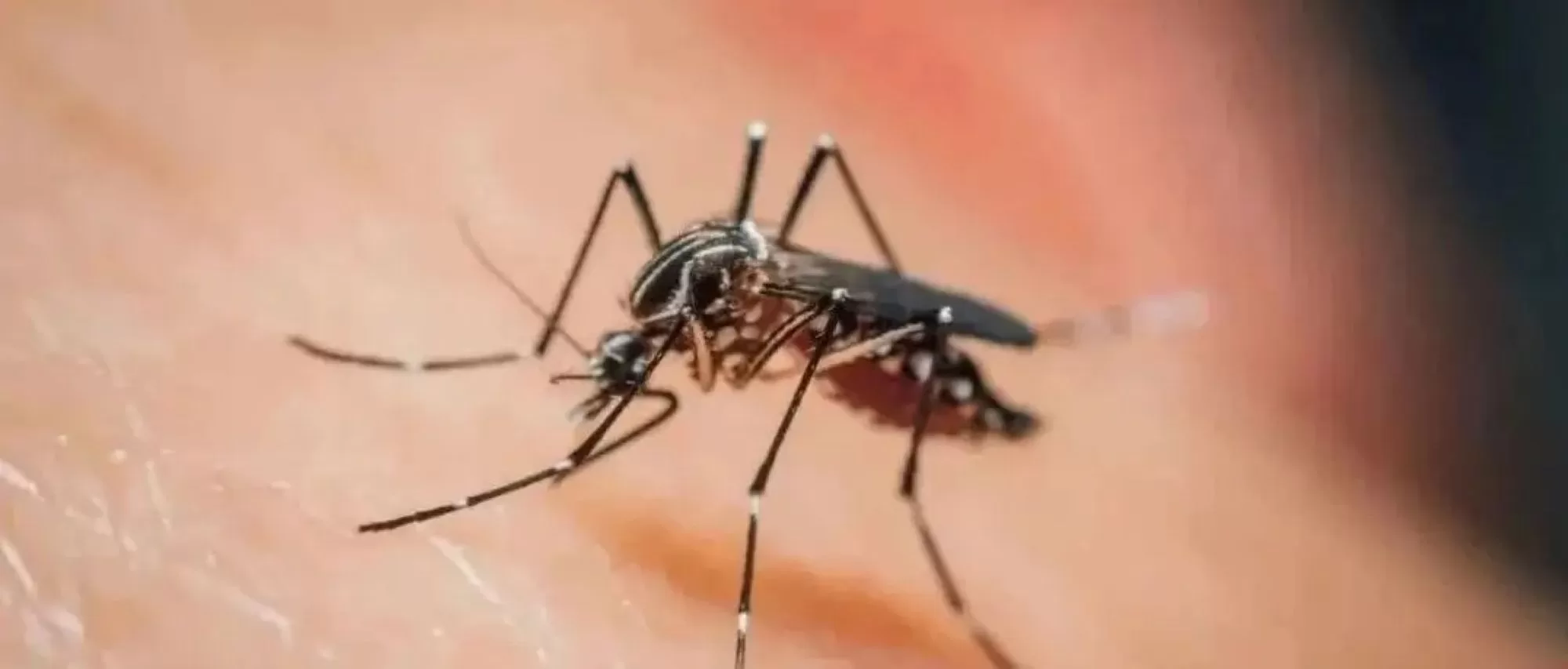
GENEVA, July 24 (WSH) —The World Health Organization (WHO) has issued an urgent global alert warning that a new wave of chikungunya fever, originating from the Indian Ocean region, is rapidly spreading to Europe and beyond. Authorities are calling for immediate action to prevent a repeat of the 2004–2005 global outbreak.
Outbreak Expands with Local Transmission Confirmed in Europe
According to WHO, the outbreak began in early 2025, initially impacting Indian Ocean islands such as Réunion, Mayotte, and Mauritius — with approximately one-third of Réunion’s population now reportedly infected.
The virus is currently spreading toward Madagascar, Somalia, Kenya, and parts of Southeast Asia, including India. Alarming developments have been reported in Europe: since May 1, France has documented around 800 imported cases and confirmed 12 instances of local transmission in its southern regions — meaning patients were infected by local mosquitoes without having traveled to outbreak zones. Italy has also confirmed one case of domestic infection.
What Is Chikungunya? Symptoms and Transmission
Chikungunya is a mosquito-borne viral illness, spread primarily by Aedes mosquitoes. The virus’s name originates from the Makonde language in southern Tanzania, meaning “to become contorted,” describing the posture of patients suffering severe joint pain.
Symptoms typically develop 4 to 8 days after a mosquito bite and include high fever, intense joint pain, muscle aches, headache, nausea, fatigue, and skin rash. While most patients fully recover, the disease can cause serious complications — particularly in infants and the elderly with pre-existing conditions.
No Specific Treatment Yet, and Vaccine Not Widely Available
Currently, no antiviral treatment exists for chikungunya. WHO recommends symptomatic care using fever-reducing and pain-relieving medications, along with hydration and rest. Two chikungunya vaccines have been authorized for limited use among high-risk populations in certain countries, but mass deployment has not yet occurred. WHO experts are reviewing further clinical trial data to guide expanded use.
Prevention: Stop the Bites
WHO stresses that the best protection remains mosquito prevention. People in affected regions are advised to wear long clothing, install screens on doors and windows, eliminate standing water, and use insect repellents.
Infected patients should also avoid mosquito exposure during the first week of illness to prevent further spread to others via new bites.
Community-level interventions — such as weekly emptying of water containers, waste management, and adult mosquito control using insecticides — are also critical to halting transmission.
Editor’s Note:
While chikungunya is not new, its resurgence under conditions of global mobility and urban density poses renewed public health risks. WHO’s latest alert is a timely warning that preparedness and mosquito control remain key to containment.


